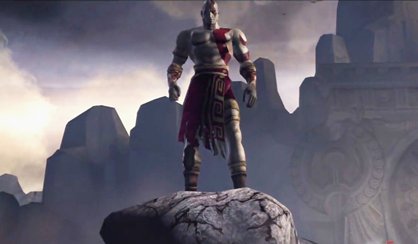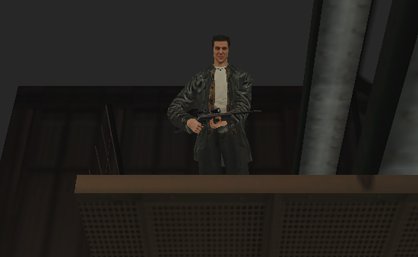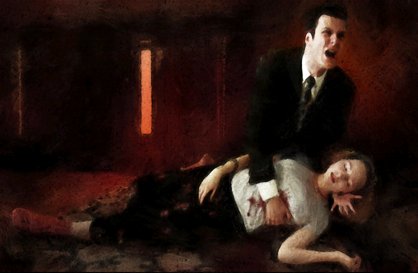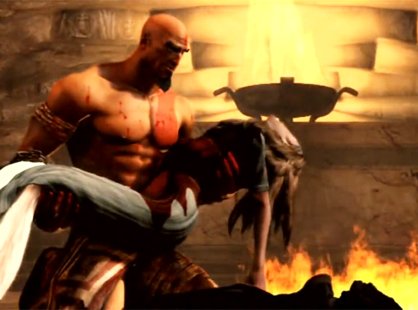Is Kratos cribbing from Max Payne?
Six key similarities between God of War and the classic shooter
However, there’s one key scene near the end of God of War III that almost perfectly mimics a similar, incredibly memorable sequence from Max Payne – and once we’d noticed that, numerous other similarities between the two characters and their twisted revenge stories suddenly clicked into place.
Because it’s a spoiler, we saved those “key scenes” for last, but there are a handful of other big similarities that are difficult to deny. Does God of War owe its existence to the precedents set by Max Payne? Well,no – but it’s probably fair to say that one was an inspiration to the other. Consider the following:
Starting your game near the end and then rewinding to the beginning can be a clever storytelling device; if you pull it off just right, players will immediately want to play through to that point, just to see what led up to those events. Both Max Payne games use this device, starting Max’s overwrought narration at the moment just before he encounters his good or bad endings. God of War and God of War III do it too, with the latter starting off with a quote that Kratos repeats at the end (“My vengeance… ends now!”). The former, on the other hand, actually begins with Kratos standing at a precipice, contemplating his fate – a scene that echoes one of the opening shots of Max Payne.

Above: Kratos at the cliff’s edge

Above: Max at the roof’s edge
Max Payne opens with a horrifying flashback: Idealistic cop Max Payne, determined to provide for his wife and newborn daughter, comes home from work only to find that a gang of armed junkies have broken into his house and murdered his loved ones, seemingly for no reason.

From that moment onward, he becomes self-destructive and suicidal, partly because of grief, and partly because he blames himself for not being there to protect them.
Sign up to the GamesRadar+ Newsletter
Weekly digests, tales from the communities you love, and more
Kratos, meanwhile, also blames himself – and for good reason. Unlike Max, who simply wasn’t present when his home was invaded, Kratos actually did the deed himself, going into a murder-frenzy amid a crowd of “enemy” civilians and realizing, too late, that his final victims were his own kin.

Utterly hollowed out by grief, both protagonists then dedicate themselves to a life of service for a new master. In Kratos’s case, he becomes a champion of the gods, doing their bidding for years in an attempt to work off his sins. Meanwhile, Max goes to work for his friend Alex Balder, and spends the next several years as an ultra-deep-cover agent for the DEA.

Above: An excerpt from one of Max's least-melodramatic monologues



